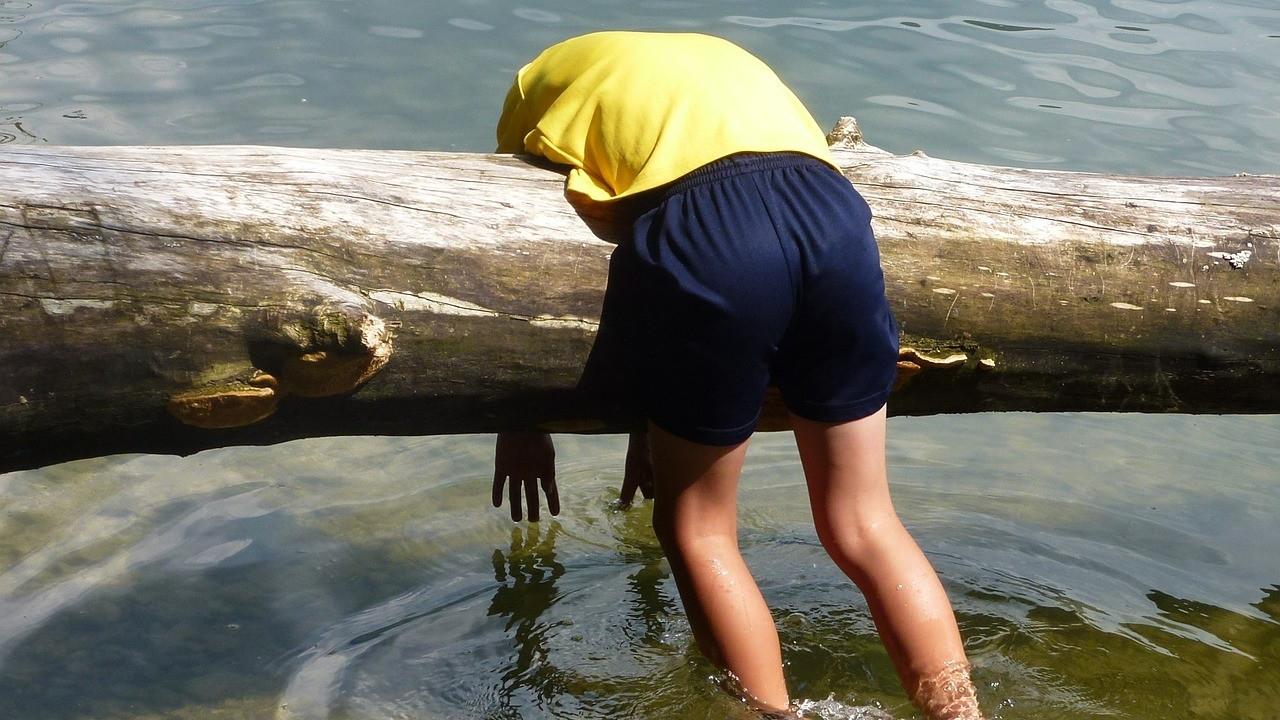The myths and realities of sexual abuse of children.

Sexual abuse. Just the words evoke disgust and revulsion in us. “It cannot possibly happen in Muslim communities”, we tell ourselves. “Certainly not in our community”.
Sad as this reality is, sexual abuse of children can exist in all communities, including ours. According to stats of the American Psychological Association (APA), “Children of all ages, races, ethnicities, cultures, and economic backgrounds are vulnerable to sexual abuse. Child sexual abuse occurs in rural, urban, and suburban areas, affects both boys and girls, and occurs in all kinds of neighborhoods and communities, in countries around the world. “
It is a difficult reality to grasp and an even more difficult subject to talk about. The problem is that experts agree that people who prey on children thrive in an atmosphere of secrecy and denial. Sexual predators have confidence that parents in a community such as ours will not consider this to be a risk and therefore will have taken no precautions to educate themselves or protect their children.
So a very important step in dealing with this ugly phenomenon is to get it out of the closet, confront the possibility and prepare to protect our children. Sometimes we may believe that talking about this subject is encouraging this behaviour and it is sending a message that our children are not safe in our own community, that we have somehow failed as Muslims. Actually the opposite is true. When parents are courageous enough to talk about this difficult subject, it sends a clear message that we are aware, that we take this risk seriously and that we have a solid plan for protecting our children.
So what is sexual abuse? The American Psychological Association (APA) defines sexual abuse as “unwanted sexual activity, with perpetrators using force, making threats or taking advantage of victims not able to give consent”.
While many parents work hard to protect children from strangers, it turns out that the vast majority of perpetrators are well known to the victims. They use their relationship with the child and the trust of the parents to get close to children in an inappropriate way. Also, contrary to what most parents believe, there is there is no such thing as a “typical” sex offender. You cannot generally tell by looking at a person that they engage in this deviant behavior.
How can we protect our children?
Be involved in your child’s life.
Get to know significant adults in their school, madressa and sports environments. Make it clear to these adults that you have a great relationship and open communication with your children. Make it clear that you trust and believe your children.
Encourage children to talk to you about their day.
Watch for signs that they are reluctant to talk about something. Assure them that they will not get into trouble.
Remind them that they can always come to you if they are unsure about how to handle something or are feeling uncomfortable about someone or something. Do NOT try and talk them out of feelings.
Have a two-adult rule for all activities that your child does away from you.
Request and advocate this in your school and madressa. This is a very good safety practice and conforms to Islamic ethics.
Notice ‘red-flags’ (especially) in males who are involved in your child’s life.
Do they only have relationships with children and are not with adults? Do they have lots of ways of entertaining children in their homes even though they may not have children of their own? Trust your instinct about not trusting someone even if they appear very friendly.
Do not force your children to hug and kiss ‘uncles’.
Encourage them to have boundaries around physical touch and coach them to trust their instincts. Do not let other adults who are related force your children to have close physical contact with them.
Notice significant changes in sleeping, eating, mood, or strange behaviors that do not quickly go away.
Get professional help if you are unsure.

